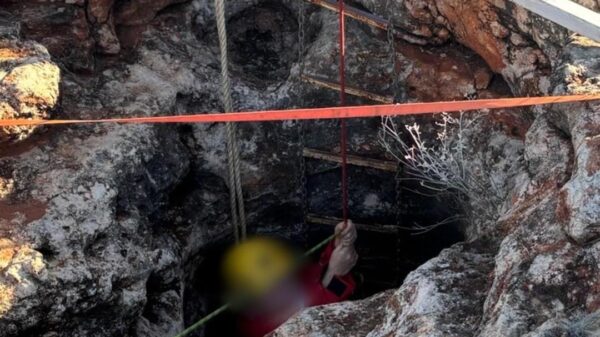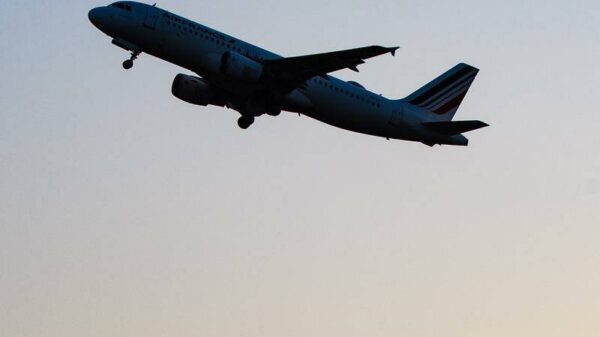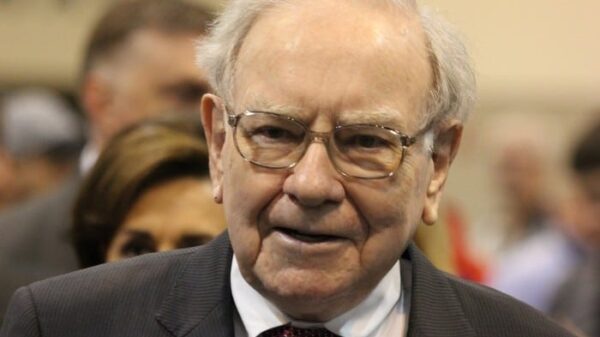Australian beef exporters are seizing a timely opportunity following the announcement of new tariffs imposed by the United States on Brazilian beef. These tariffs, introduced by the Trump administration, are expected to significantly disrupt the supply chain and create openings for Australian beef in key markets.
The tariffs, which come into effect in January 2024, are aimed at protecting American farmers from what the administration deems unfair competition. With Brazilian beef exports facing increased costs, Australian producers are well-positioned to step in and fill the void. According to the United States Department of Agriculture (USDA), Brazil is one of the largest beef exporters globally, and the new tariffs could lead to a substantial reduction in their market share.
Market Dynamics Favor Australian Exports
The timing of these developments could not be more favorable for Australian beef exporters. The industry has been preparing for increased demand in Asian markets, particularly in countries like China and Japan, where appetite for high-quality beef continues to rise. As Brazilian beef becomes more expensive and less competitive due to the tariffs, Australian producers can leverage their established reputation for quality.
In 2023, Australia exported over $2.5 billion worth of beef to international markets, with a notable share going to Asia. With the impending tariffs on Brazilian imports, industry analysts anticipate a shift in consumer preferences towards Australian beef, further solidifying its position in these lucrative markets.
The Australian government has also voiced support for its beef industry, emphasizing the potential economic benefits of increased exports. Agriculture Minister Murray Watt stated, “We are committed to supporting our farmers and ensuring they can capitalize on new opportunities that arise in the global market.”
Challenges and Opportunities Ahead
While the prospects for Australian beef are promising, challenges remain. The sector must navigate fluctuating global prices and competition from other beef-exporting nations, such as Argentina and New Zealand. Additionally, Australian producers will need to ensure they maintain their standards of quality and sustainability to meet the growing demands of international consumers.
Industry representatives are optimistic about the future. Andrew McDonald, CEO of the Australian Beef Industry Council, highlighted the importance of adaptability in the current climate. “With the right strategies, Australian beef can not only fill the gap left by Brazilian exports but also expand our footprint in emerging markets,” he noted.
As the situation unfolds, Australian beef exporters are gearing up to capitalize on what may become a significant shift in the global beef market landscape. With strategic planning and continued investment in quality production, they are preparing to meet the increasing demand and secure their position as a leading player in the industry.
In conclusion, the new tariffs imposed by the United States on Brazilian beef imports create a unique opportunity for Australian exporters. By leveraging their strengths and addressing potential challenges, they can effectively fill the gap in the market and enhance their global presence in the coming years.





























































